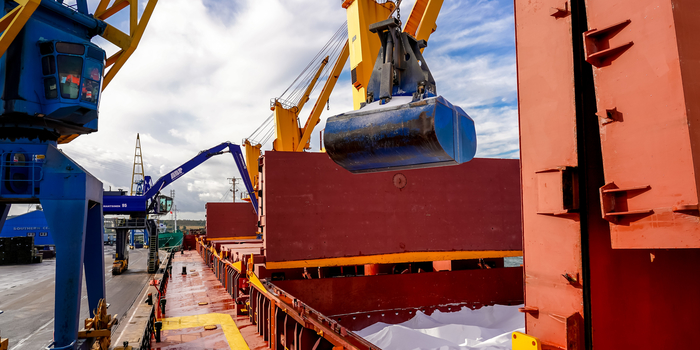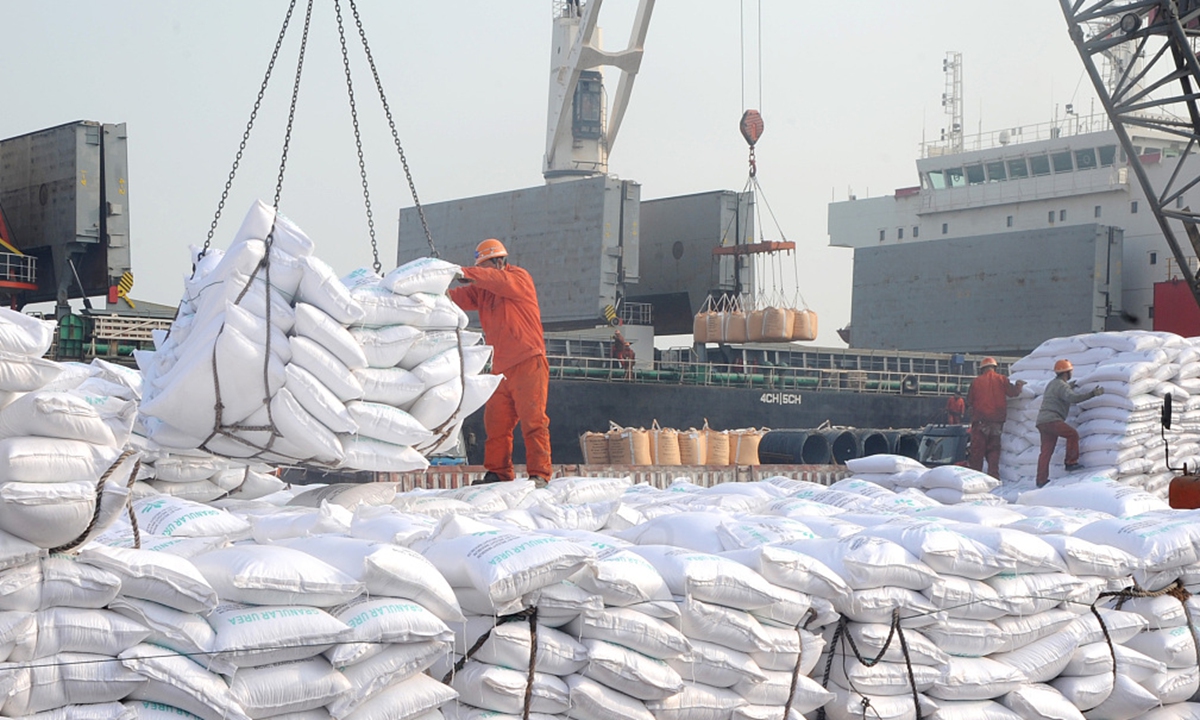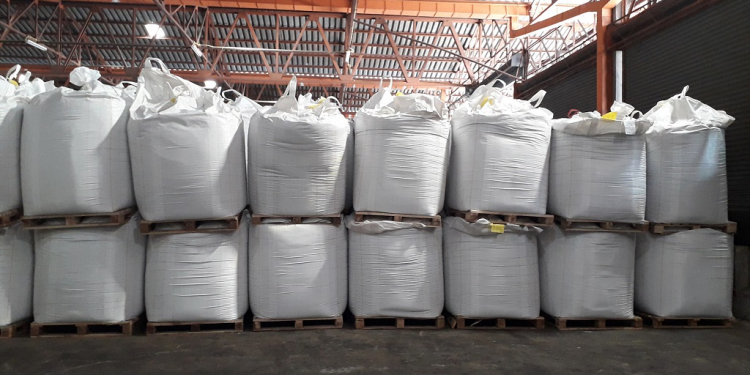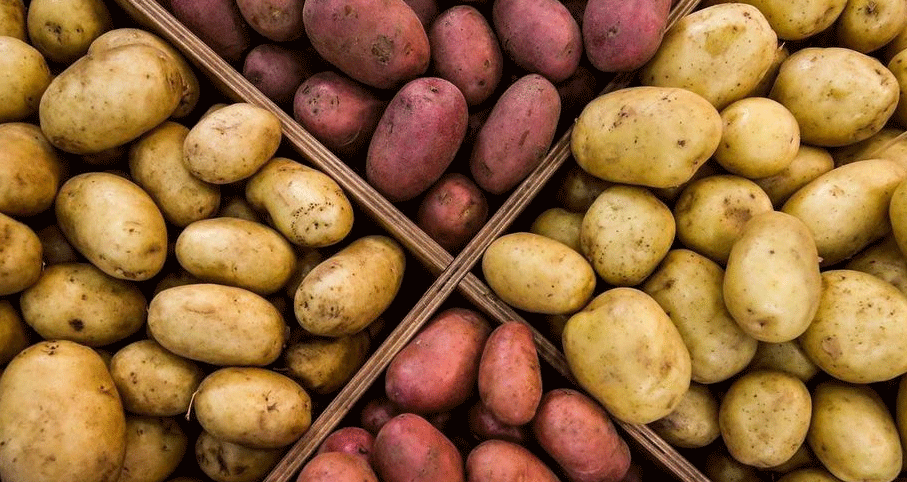Amid the current shortage of nitrogen fertiliser, ABP’s Port of Ipswich is bucking the trend and seeing record amounts arrive at its shores. In October alone, seven vessels (four dry bulk and three tankers) carrying 59,450 metric tonnes of fertiliser safely came through the port; up from 5,452 metric tonnes in October 2020. Last month also saw the port’s largest single fertiliser cargo received to date.

2021 has born witness to strong demand for fertiliser and low supply. The situation was made worse in September when Britain’s two nitrogen fertiliser plants closed.
Dave Blackmore, Director at Ameropa, the global experts in agricultural business practices commented: “Ameropa are delighted to work with our contract partners in bringing a record-breaking cargo of fertiliser to Ipswich. We’d like to thank the ABP stevedoring team for their attention to detail in discharging our vessel in good time and with great care.
Being able to ship such quantities helps all involved in providing a competitive and essential fertiliser for the UK farming community.”
Market conditions difficult
Andrew Butler, commercial director, South at Omex said: “Market conditions this year have been particularly difficult for fertiliser suppliers, however OMEX are committed to UK agriculture and our team are working tirelessly to ensure we have high quality product available for our customers throughout Spring season. Our latest record deliveries into ABP Ipswich mark a number of record achievements for OMEX, as the UK’s largest ever vessel of liquid fertiliser arrived at ABP Immingham in September. Our distribution hubs are located strategically around the UK, with help from ports such as ABP, to ensure the farmer gets what they need, when they need it.”
Ipswich integral
Paul Ager, Divisional port manager, East Coast at ABP said:“I am pleased that the Port of Ipswich is playing an integral role in the supply of fertiliser to our farmers. We are ideally located to support Britain’s breadbasket and I hope this goes some way of returning confidence for a strong spring yield.”
The Port of Ipswich is typically better known as the UK’s leading grain export port but recently fertiliser imports have taken over as the main activities onsite. British supply is slowly returning but ABP ports will no doubt continue to handle large volumes of fertiliser for the foreseeable future and support the British farming industry.

Farmers have been reminded to store fertiliser safely and securely in light of the rising cost of nitrogen-based fertiliser and potential excess stock on farms.
As high global gas prices push up the cost of nitrogen-based fertilisers, the Agricultural Industries Confederation (AIC) said it was aware that farmers were facing difficult decisions about crop feeding plans this winter and spring.
Roberta Reeve, technical manager of Fertiliser Industry Assurance Scheme (FIAS), managed by AIC, said: “This is of particular concern where farmers don’t have sufficient stock or orders in the pipeline to cover their needs, since the disruption to the fertiliser supply chain could continue into spring 2022.”
Another area of concern is the rising value of existing stocks of nitrogen-based fertilisers on farm, which Ms Reeve said could lead to increased thefts. “While light-hearted comments on social media about selling excess stock of fertiliser may appear harmless, this may draw attention of the situation to criminals. “There is a risk of nitrogen-based fertilisers being used for illegitimate purposes, and anyone handling or storing these products has a responsibility to provide secure storage and to remain vigilant to potential theft,” she said.








